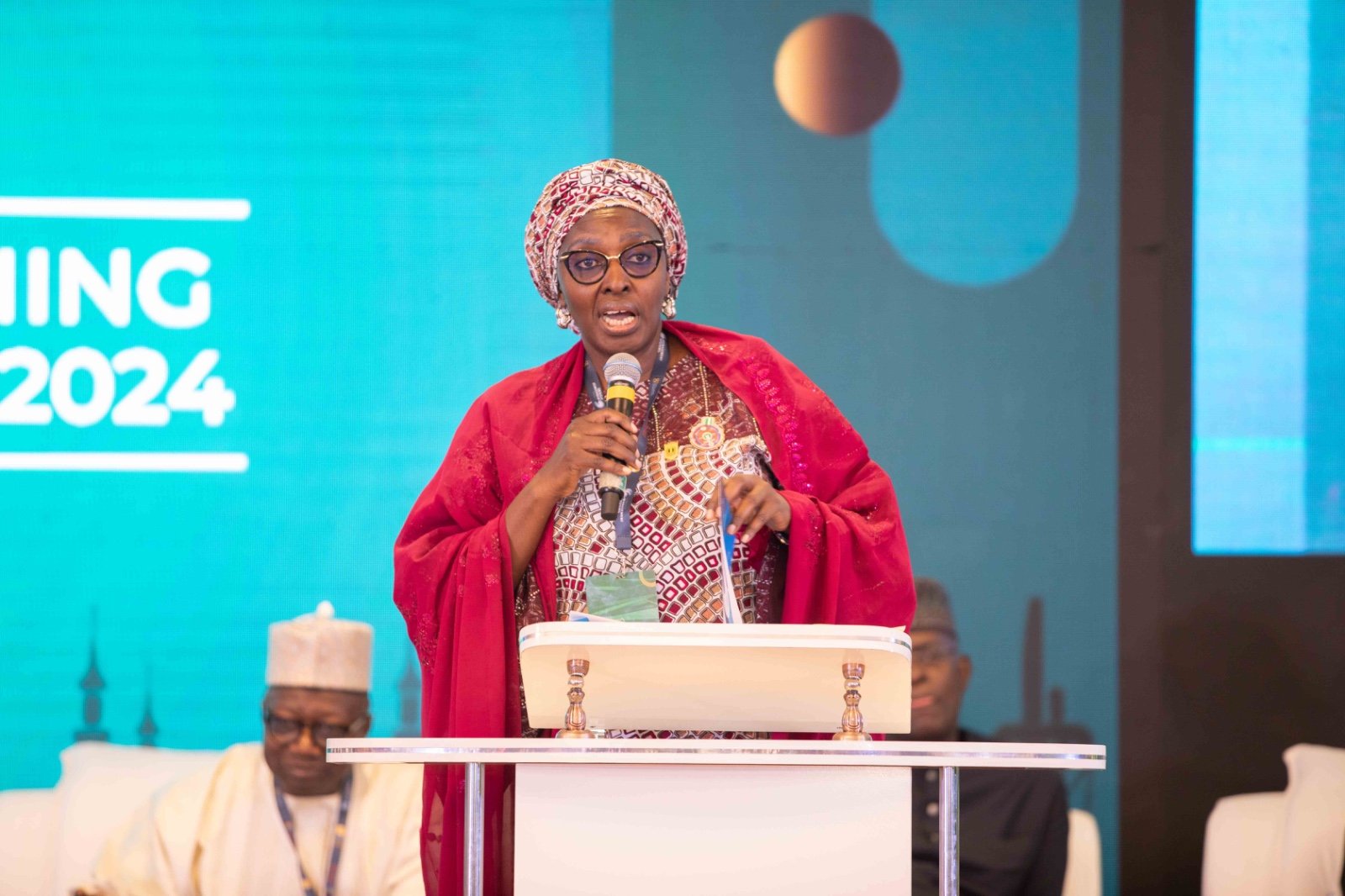
Stakeholders in the cancer space have identified collaboration as major key to eradicating Human Papilloma Virus (HPV), also known as cervical cancer in Nigeria.
They spoke on Thursday in Abuja at the second Stakeholder’s Summit on Cervical Cancer Elimination in Nigeria, organised by the End Cervical Cancer Nigeria Initiative (ECCNI).
The News Agency of Nigeria (NAN) reports that the summit has “Strengthening Collaboration Toward Achieving Cervical Cancer Elimination Targets in Nigeria” as theme.
The Keynote Speaker, Dr Osasuyi Dirisu, Executive Director, Policy Innovation Centre, said cervical cancer is the third most common cancer and second leading cause of cancer-related deaths among women aged 15 to 44 in Nigeria.
She, therefore, emphasised that eliminating the scourge is very important.
According to her, the disease is preventable, and one of the few cancers that can be eliminated through vaccination based on available evidence.
She added that “eliminating HPV is important because we understand it’s a strategic risk with cervical cancer, and we are all aware of the World Health Organisation’s (WHO) ambitious targets for cervical cancer elimination, mandating our country to maintain an incidence rate of below four per 100,000 women.
“Partnerships and collaborations are fundamental to ensuring we can make progress with any immunisation programme globally.”
Dirisu also said that in the case of HPV vaccine, effective partnerships and multisectoral collaboration among current partners and future partners were important to ensure that interests are aligned.
She stressed the need to ensure that interests are aligned and the theory of change for better future is owned by stakeholders.
She underscored the importance of ensuring mechanisms to resolve emerging challenges and sustainable risks are established.
The wife of Katsina State Governor, Hajiya Fatima Radda, said that changing the cervical cancer narrative is everyone’s collective responsibility.
She said “today, we gather as stakeholders to reaffirm our commitment to eradicating cervical cancer, we must work together to ensure that every woman and girl has access to screening and vaccination.
“From May this year, Katsina successfully rolled out the HPV vaccine among other phase two states and achieved 100 per cent coverage, with my daughter as the first to be vaccinated.
“I urge us all to approach this meeting with a sense of urgency, compassion and collaboration.”
Dr Usman Waziri, the Director, Cancer Prevention and Control, National Institute for Cancer Research and Treatment (NICRAT), said the institute had established solid foundation toward improving research in the area of cancer prevention and treatment.
He added that “the institute is championing the piloting of school-based approach as additional strategy toward the integration of HPV vaccine into the national immunisation programme.
“Right now, six states have been identified. Stakeholders’ engagement will soon start with the hope of strengthening the HPV vaccination toward achieving the 90 per cent target of ensuring effective vaccination against HPV.”
Waziri said that the second strategy for screening that the institute employed was to ensure robust and widespread access to screening services in the country.
He explained that NICRAT had piloted some activities, which would strengthen cervical cancer screening activities and capacity building among frontline health workers.
According to him, the activities will gain traction and be expanded by 2025 to ensure effective collaboration with the Non-Governmental Organisations to get it much more across the country.
The Executive Director, ECCNI, Dr Ishak Lawal, said the summit was aimed at bringing stakeholders together to brainstorm and to scale-up best practices.
According to him, no individual or organisation can achieve cervical cancer elimination alone.
He said “it requires collaborative efforts that individuals doing beautiful things in their own corners. Let them come together and provide visibility where we brainstorm and cross-catalyse ideas and then we scale-up best practices.
“So, the objective of the summit is mainly to fast track Nigeria toward achieving the cervical cancer elimination target.”
Lawal said WHO had set a target for Nigeria to eliminate the disease by achieving 90 per cent vaccination of adolescent girls, 70 per cent screening of women and eligible ones, and 90 per cent treatment of screened positive cases.
“So, the whole essence of the summit is to come and develop locally relevant solutions, because currently, if you look at the global literature, it says there’s no path for developing countries to be able to achieve the target.
“We are bringing the local stakeholders together, let them brainstorm and say, this is the local solution to ensure Nigeria meets the target,” he added.






